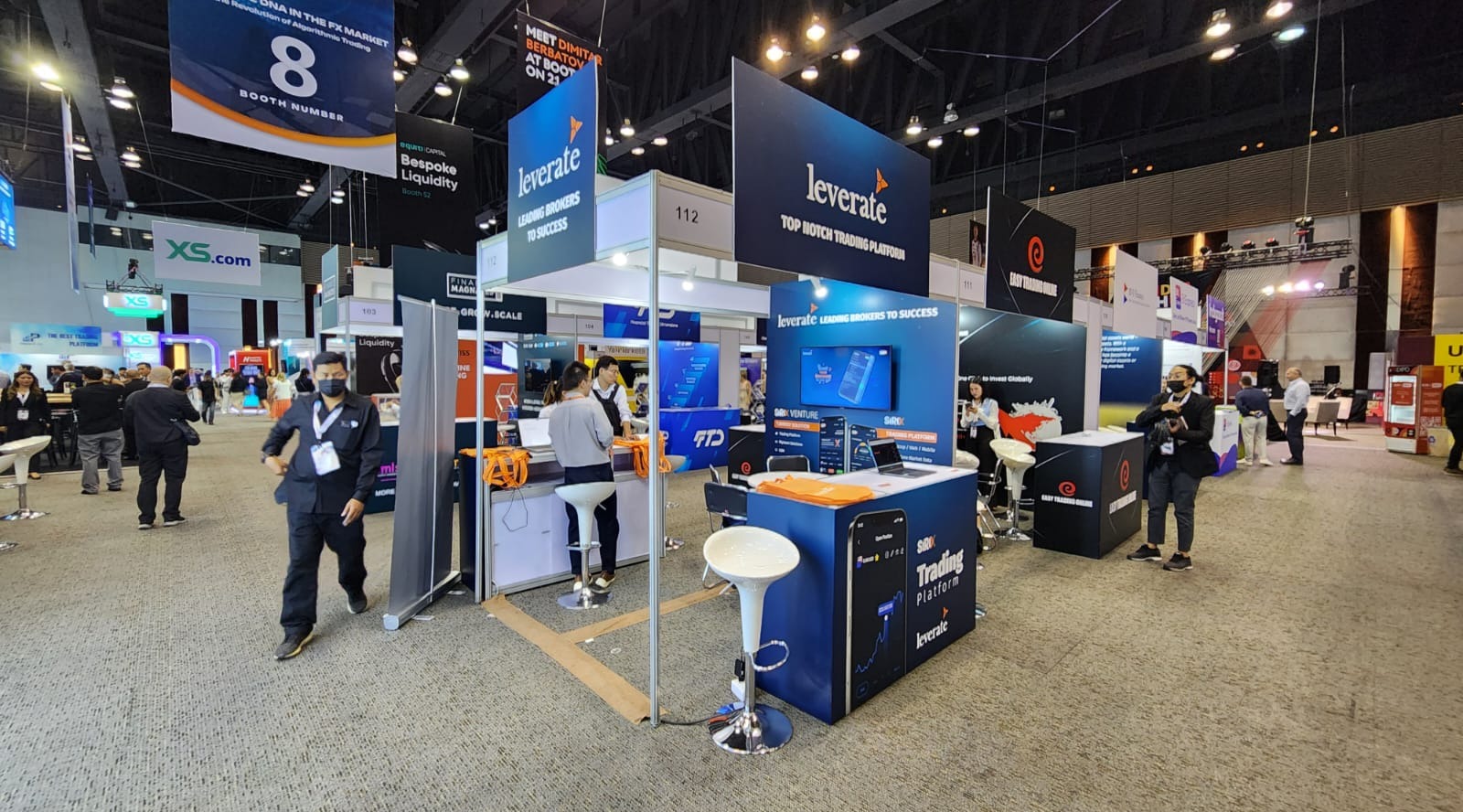The Tel Aviv Stock Exchange (TASE) has become another traditional trading floor to hop on the accelerating cryptocurrency wagon by allowing customers to transact digital assets. On Monday, TASE started a public discussion on draft rules to approve Non-Banking Members (NBMs) to trading cryptos.
TASE Wants to Allow Crypto Trading
The proposed structure allows customers to deposit fiat money for investment in cryptocurrency, which licensed providers will trade. The Non-Banking Members will act as intermediaries between the customer and the trading and custodial services providers. When a customer places the order to buy or sell cryptocurrency, the purchase or sale will be executed using the deposited funds and recorded in the customer's account with the NBM.
TASE notes that the cryptocurrency market experienced significant turmoil in 2022, which affected the decline in activity in the sector and increased regulators' oversight. The exchange sees the need to regulate the industry to allow it to continue its dynamic growth and greater involvement from retail and institutional investors. Bringing cryptocurrency trading to regulated exchanges can help reduce the operational, legal and cyber risks directly associated with cryptocurrency trading.
It is another step into crypto trading on TASE after October's publication of a five-year strategic plan between 2023 and 2027, which aims to develop a blockchain platform for offering crypto exchange tools and services. More than a year ago, the New York Stock Exchange, NYSE, announced its plans to launch its own markets for trading cryptocurrencies, including NFTs.
"TASE will promote the implementation of innovative technologies, including DLT, tokenizing of various classes of digital assets and smart contracts," the press release of the stock exchange stated.
TASE's MAYA system posted a proposal for public comments on Monday. The proposal will be submitted for approval by the TASE Board of Directors after public feedback.
Crypto Regulated Like Other Assets
Last November, the Chief Economist in the Ministry of Finance published a report named 'Regulation of the Digital Assets Sector - Roadmap to a Policy'. The report was the result of a comprehensive study involving all financial regulators in Israel, including the Capital Market Authority, Israel Securities Authority, and the Bank of Israel.
It suggests that the current regulatory approach in Israel and some other countries are to regulate financial activities or services in digital assets similar to non-digital assets while considering the sector's unique characteristics.
"Establishing a broad framework for digital asset regulation that allows for prudent risk management is crucial for minimizing the potential damages to investors and to the market as a whole, in addition to capturing the potential opportunities presented by the digital asset market in the long run," the report commented.
Project Eden to Issue Digital Gov Bonds via TASE
Before announcing its multi-year strategy to offer crypto trading, TASE announced its cooperation with the Ministry of Finance to implement solutions allowing the issuance of government bonds using blockchain. A pilot project 'Eden' will leverage the expertise and technology of cryptocurrency firms Fireblocks and VMware to issue digital gov bonds.
Currently, a Proof of Concept (PoC) for clearing digital bonds is carried out by a joint team from the Israeli Ministry of Finance and TASE. The solution is anticipated to incorporate distributed ledger technology (DLT), tokenization, and smart contracts.
According to TASE, the reason for initiating the project was the emergence of DLT technology and independent test performed on Central Bank Digital Currency (CBDC) issuance by other central banks and governments. Iran, Canada, and the United Kingdom, among others, are working on introducing their own CBDCs.


















